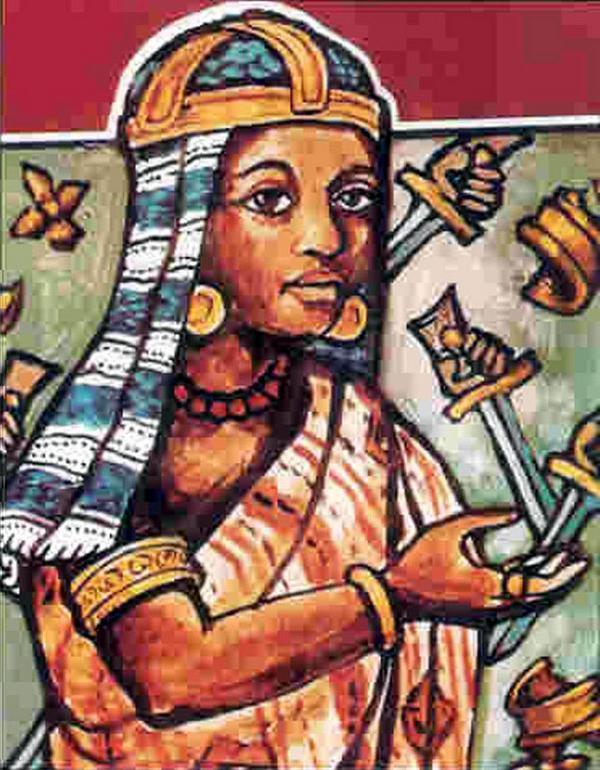
In October 2012, The Guardian reported a dramatic rise in sexual violence in the eastern Congo. Five months later, Foreign Policy published, “What happened in Luvungi? On rape and truth in Congo”. What exactly is `the truth’, according to Foreign Policy? It’s a `spectacle’: “When the interviews were over and we were out of earshot, my colleague and I stood in confused silence. I had interviewed survivors of rape in eastern Congo before; a psychological element seemed to be missing in these interactions. Before I managed to articulate the uncomfortable feeling that we had just been lied to, my Congolese colleague spit it out: `Those women have been coached’.”
The FP author supports her suspicion by visiting a local health care professional, who tells her that during the insurgency he only treated six rape survivors. Yet when the UN came in, the numbers soared into the hundreds. This drastic increase seemed odd at best and outright manipulative at worst. One way in which the numbers could have been distorted, he figured, was that the large majority of female patients were listed as rape victims, regardless of the actual cause of their injury or illness.
Was the clinic purposefully cheating in the numbers game, and if so, to what effect? The author suggests that fabricated high numbers will cause aid to flow disproportionately towards sexual violence to the neglect of other urgent needs. She further suggests that over-reporting induces both aid workers and Congolese women to frame their work and suffering as sexual violence, because this increases aid workers’ chances for funding and Congolese women’s access to medical care, credit and housing.
Have ‘we’, donors, sympathizers, aid workers and readers all been fooled? According to the UN and the service provider at the clinic, no, we have not. The sudden rise in reporting is neither manufactured nor difficult to understand. The numbers soared because it took a while for most women to feel safe enough to leave their homes.
Whereas the various drivers of sexualized violence in conflict areas are complicated and riddled with contextually specific complexities, the reason that in any society rape is underreported is fairly straightforward. It’s not difficult to imagine why rape survivors hesitate to report their suffering. Sexual assaults are extremely personal and heavily sensitive types of violations, which render them difficult to discuss with authorities, especially with men. Additionally, often the women are not taken seriously or are blamed for the crimes. Thus, the rapes that actually get reported most likely only cover the tip of the iceberg. In the context of a war-torn eastern DRC, stigma and social shame can lead to social exclusion and rejection from their partners. And when soldiers are still around, incentives to venture out to a clinic or authority to report on the abuse can be crushed by fear.
Nonetheless, the sensitive and horrendous nature of rape shouldn’t stand in the way of critically examining the efficacy and side effects of support, be it media attention or monetary aid. And if experiences and conversations in one location (Luvungi), in a particular point in time (after a recent armed invasion), reveal problems around the role and impact of the media, politicians and international organizations alike, critical questions must be raised.
As an outsider, you should have to ask such questions with great caution. Especially in the context of a highly complex conflict in a nation as vast as the DRC, you may want to ask the question “is it really that bad?” carefully. Caution means not generalizing from micro-contextual findings about one insurgency to a national rape epidemic that has been going on for many years. Every district and town is different. No matter, the FP author moves seamlessly from the particular context of what happened in Luvungi to make broader assumptions about the scale of current and past rape exaggeration in the country as a whole: “Even in Luvungi, ground zero of Congo’s rape epidemic, things aren’t exactly what they’ve been made out to be”.
Does lifting out one allegedly staged group interview to make such claims actually arrive at and reflect the truth? According to former journalist and UN official Iain Guest, who works with and for sexual violence survivors in the DRC, the truth lies not only elsewhere but anywhere but. In November 2012, he sought to counter exaggeration claims by the UN and others. Guest argued that rape is systematically underreported. For example, he noted, the UN doesn’t visit areas such as Fizi, in south Kivu, for the simple reason that it’s too dangerous: “This may explain why the UN’s January report only confirmed 167 cases in the whole of south Kivu last year- a ridiculously low figure”.
So, the UN pressures the Congolese government to suspend some senior army officials for having been involved in mass rape, but the Congolese government can’t be expected to be on top of things when its own troops are key players. According to Guest, the world was more or less forced to pay attention for two years, 2009 and 2010: “That sort of publicity is impossible to sustain”. The attention diminishes, the violence continues. According to some reports, the UN’s suggested rape rate in the DRC might have been 26 times too low.
The point is that the `truth’ takes time, rather than a parachute. Reporters, researchers, and readers alike must resist the temptation to hop from observation to generalization and (jump) from conversation to conclusion.
Many women in Eastern DRC are facing, and have faced, horrible levels of sexualized violence, and that’s the truth.
(Photo Credit: Peter Muller / Open Society Foundation)





